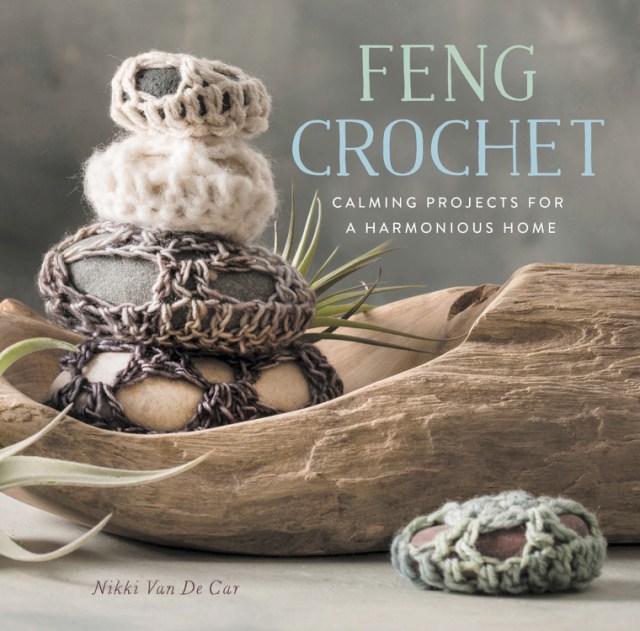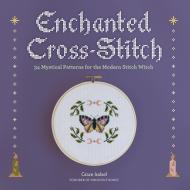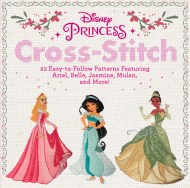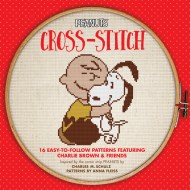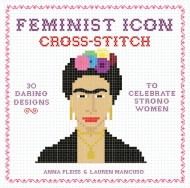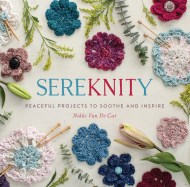Promotion
Use code MOM24 for 20% off site wide + free shipping over $45
Feng Crochet
Calming Projects for a Harmonious Home
Contributors
Formats and Prices
Price
$15.99Price
$20.99 CADFormat
Format:
- Trade Paperback $15.99 $20.99 CAD
- ebook $9.99 $11.99 CAD
This item is a preorder. Your payment method will be charged immediately, and the product is expected to ship on or around September 12, 2017. This date is subject to change due to shipping delays beyond our control.
Also available from:
Our homes are meant to be a refuge — a place of calm, serene contemplation where we can recharge after a long day. Feng Crochet, the latest book from author and crafter Nikki Van De Car, teaches readers how to create a nurturing environment with simple, beautiful projects to crochet. Grouped by the five elements of Feng Shui (wood, fire, earth, metal, and water), the patterns in this book range from home decor (plant hangers, large baskets, lampshades, and scatter rugs) to small, precious items that add a touch of warmth and peace to any room (napkin rings, dreamcatchers, doilies, and curtain ties).
Mindful prompts and meditations begin each project, while helpful tips on incorporating the principles of Feng Shui into both crafts and life are peppered throughout the book. Beautifully illustrated with full-color photography and charming line art, Feng Crochet asks crafters of all skill levels to look inward as they create objects to bring peace and tranquility to their most treasured spaces.
Genre:
- On Sale
- Sep 12, 2017
- Page Count
- 128 pages
- Publisher
- Running Press
- ISBN-13
- 9780762462629
Newsletter Signup
By clicking ‘Sign Up,’ I acknowledge that I have read and agree to Hachette Book Group’s Privacy Policy and Terms of Use
